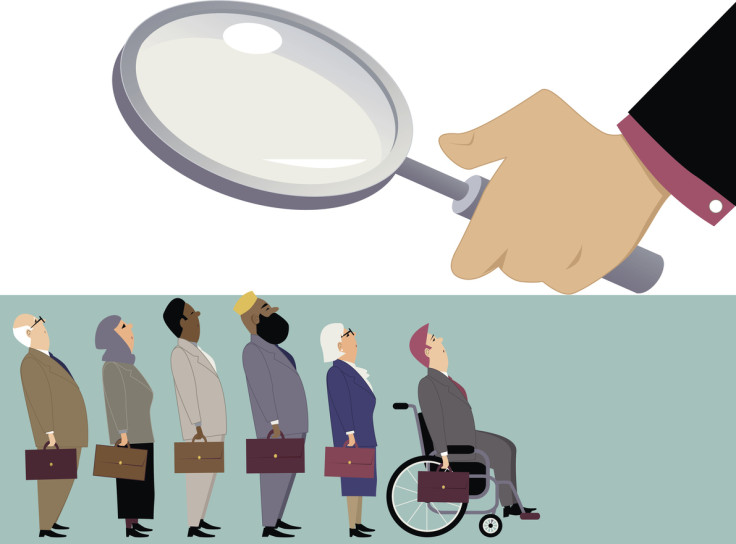Racists are assumed to be sexist and sexists assumed racist
People in one stigmatised group feel threatened by prejudice directed at a different group.

White women feel threatened by racist attitudes, and black and Latino men feel threatened by sexist attitudes, a psychological study has found.
Racist and sexist beliefs are seen as going hand in hand, so prejudiced statements directed at one stigmatised group are seen as a threat to people in different groups that typically experience prejudice, according to a study published in a paper in the journal Psychological Science. The results come from a series of five online and laboratory psychological experiments on more than 300 white, black and Latino men and white women in the US.
What racism and sexism have in common, the study authors say, is social dominance orientation. People who show either of these prejudices tend to have a personality trait where they show a preference for inequality if it leads to one group becoming dominant over another.
In an online study, 152 white women and 105 white men were given what they were told were the answers to a questionnaire from a previous study participant, and were asked their impressions of them based on their answers. They were the most likely to expect gender-based stigma from a person who gave sexist answers to the questionnaire. They were the next most likely to expect stigma from someone who gave racist answers, and were least likely to expect stigma from those who gave neutral answers.
The white men in the study were very slightly more likely to expect sexist behaviour from the person giving sexist answers, but the effect was very small compared with the white women's expectations.
In a second study, 57 black and Latino men and 64 white men were presented with questionnaire answers that showed sexist answers or neutral answers. The black and Latino men were almost twice as likely to anticipate unfair treatment based on the sexist questionnaire answers than the white men. They were also about 2.5 times more likely to expect stigma based on sexist answers than the white men were.
Experiments based on chat-room-style interaction with an evaluator and a laboratory study gave similar results.
The connection: Belief in a social hierarchy
"Stigma transfer occurred because people have a lay understanding of the monolithic qualities of prejudice, namely, they perceive racists and sexists as having a greater social dominance orientation than other people," the authors, led by Diana Sanchez of Rutgers University in the US, wrote in the study.
"This is an important observation because it suggests that seemingly specific prejudiced attitudes can be applied broadly and across identities."
Manuela Barreto, a social psychologist at the University of Exeter in the UK, said that there was a strong logic to the findings. "Many people believe that society ought to be structured by status and that there are people who deserve better and should be dominant. When encountering someone who believes that, any member of any potentially stigmatised group like women or ethnic minorities is likely to feel threatened," Barreto told IBTimes UK.
A silver lining?
While one might expect the results to suggest that white women might be less racist than white men, or black or Latino men to be less sexist than white men, there are several reasons why this may not be the case, Barreto said.
"If you look at data on that you might find it in some studies but not in others," she said. "Context really matters. There are contexts which raise racism scores, but not sexism scores, and vice-versa."
The contexts that might make someone score more highly on racism scales – such as someone with high social dominance orientation being exposed to ideas linking race and terrorism – are often very different to those that might increase someone's scores on sexism scales. Contexts that draw a line between stigmatised groups – making one group feeling uniquely targeted, for example – are not likely to increase solidarity between groups, Barreto said.
On the other hand, the opposite is also true, she said. Contexts that lump several stigmatised groups together can increase their solidarity.
"If you have Donald Trump saying sexist things, racist things, homophobic things all at the same time, that creates a sense of common oppression among a range of stigmatized groups, bringing them together."
© Copyright IBTimes 2025. All rights reserved.






















